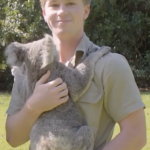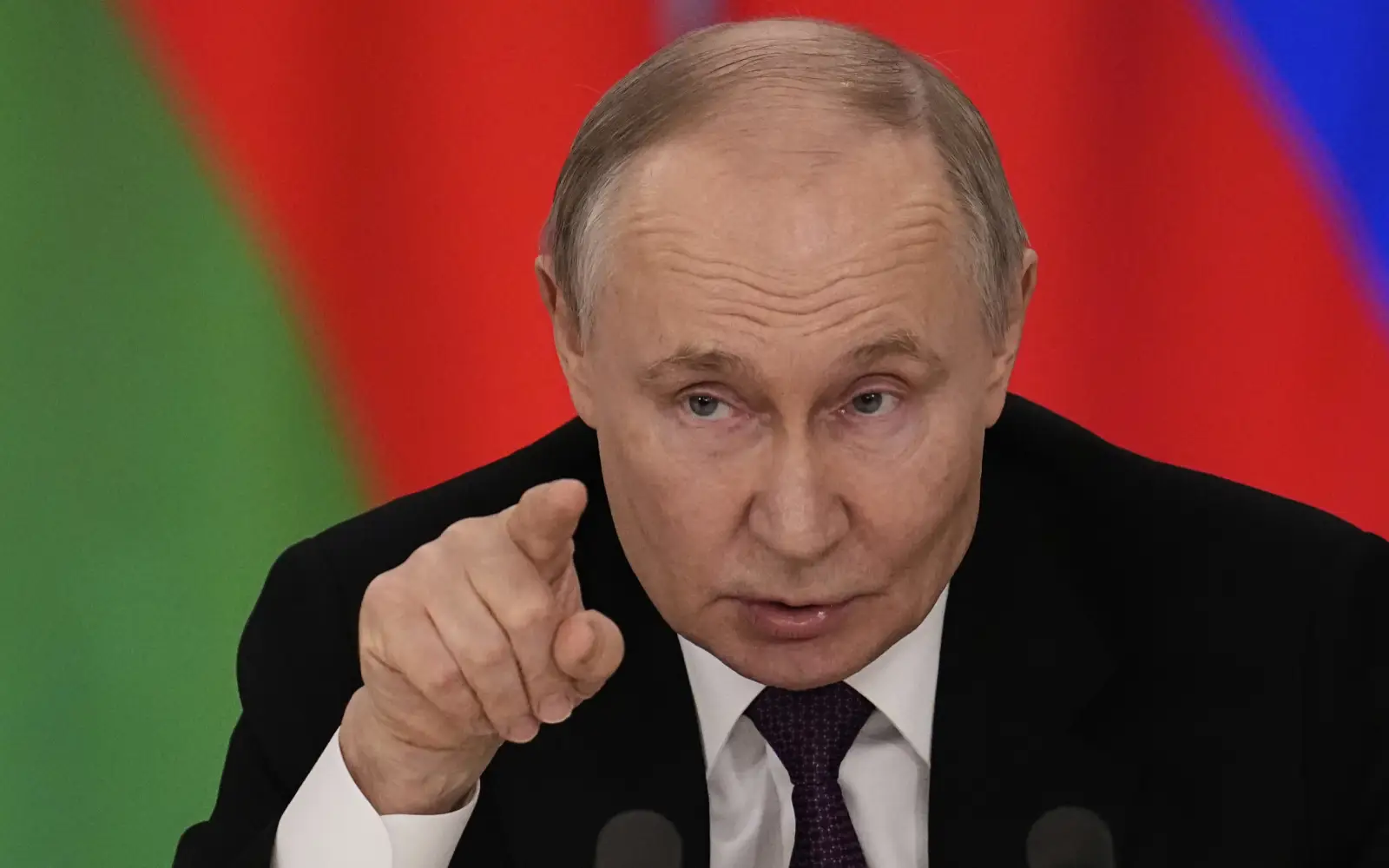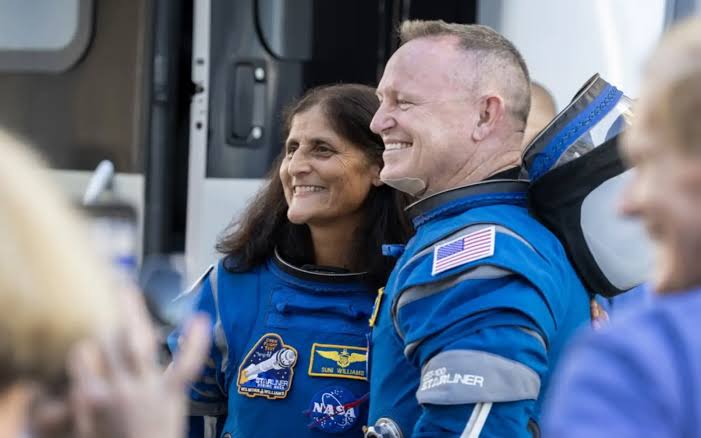In a bold strategic maneuver that underscores the complexity of the ongoing conflict, Russian President Vladimir Putin has issued a stark ultimatum to Ukrainian forces in the Kursk region. With Moscow intensifying its counteroffensive to regain territories lost in previous engagements, Putin’s insistence on a military victory in Kursk appears designed to bolster Russia’s negotiating position before any meaningful ceasefire talks can begin.
Kursk: The Battlefield with Strategic Significance
The Kursk region has quickly become one of the most critical theaters in the conflict, symbolizing not only a geographic flashpoint but also a psychological battleground. After a surprising incursion by Ukrainian forces last August, which saw Moscow losing significant ground, Russia has mounted a rapid counteroffensive over the past week. This resurgence is aimed at reclaiming lost territory and re-establishing dominance in an area that holds strategic value for both sides.
For Russia, securing Kursk is more than just a tactical victory; it is an opportunity to project strength and demonstrate its resolve. Moscow’s renewed push in the western border region serves to remind both domestic and international audiences that it retains the capability to turn the tide on the battlefield. Analysts suggest that the focus on Kursk could be a deliberate move to shape the conditions under which future negotiations take place, providing Moscow with the upper hand in any subsequent peace talks.
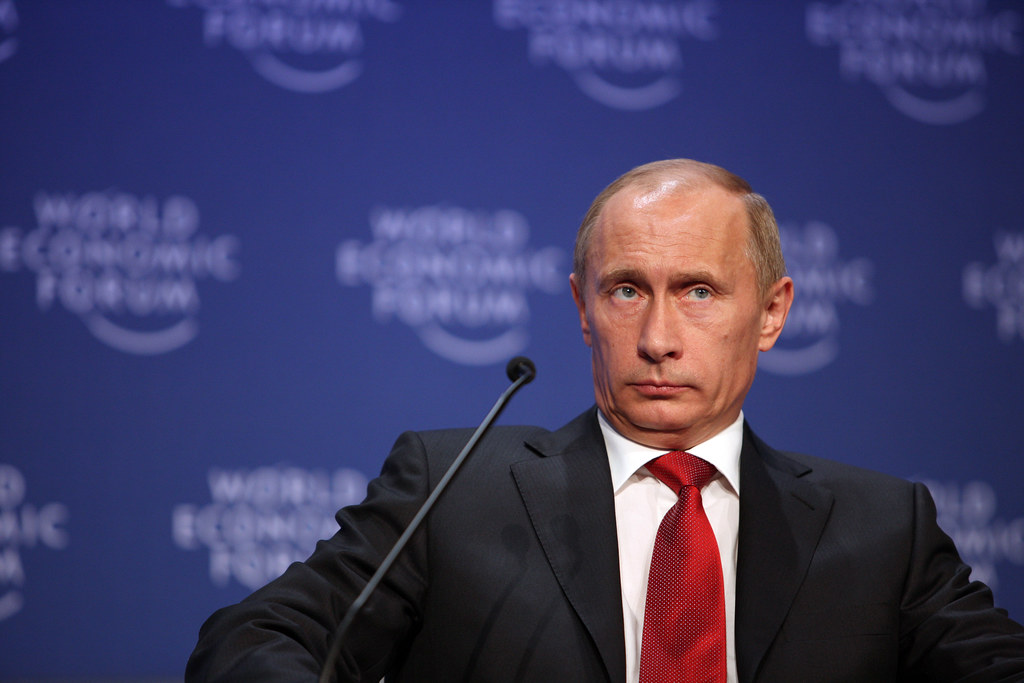
A Stern Warning and an Uncompromising Offer
In a televised address, President Putin made it clear that Ukrainian troops in Kursk were expected to surrender. His message carried an air of finality: if Ukrainian forces lay down their arms, they would be assured not only of their survival but also of “dignified treatment.” This statement is layered with implications. On one level, it is an offer that might seem humane compared to the brutality that has characterized much of the conflict. On another, it is a tactical proposition intended to demoralize Ukrainian resistance and accelerate Russia’s military objectives.
The promise of safety and dignified treatment for those who surrender is designed to serve a dual purpose. It not only pressures Ukrainian commanders to consider the grim realities of being encircled and overwhelmed but also sends a message to international onlookers that Moscow is willing to extend a semblance of mercy even as it pursues its territorial ambitions. This juxtaposition of military aggression with humanitarian overtones is emblematic of the complex narratives that now define the conflict.
Diplomatic Intrigue and International Reactions
The Kursk offensive has also reverberated far beyond the battlefield, stirring a swirl of diplomatic activity. In a surprising twist, former US President Donald Trump has publicly urged Putin to spare the lives of Ukrainian soldiers caught in the conflict. Citing what he described as “productive” talks between his envoy and the Russian leader regarding a proposed 30-day ceasefire, Trump’s intervention adds another layer of complexity to the unfolding crisis.
Trump’s remarks, in which he claimed that thousands of Ukrainian troops were in a “very bad and vulnerable position” and even allegedly encircled by Russian forces, have sparked a fierce debate. Ukrainian military officials have categorically denied these assertions, maintaining that their units are not at risk of being completely surrounded. This divergence in narratives reflects the broader information war at play, with both sides attempting to control the discourse surrounding the conflict.
The international diplomatic arena is abuzz with cautious optimism and skepticism alike. US officials, including the National Security Adviser, have expressed hope that the proposed ceasefire pause might pave the way for more substantive negotiations. However, many Western leaders remain wary of Russia’s true intentions. According to several sources, European powers are preparing to impose new sanctions on Russia should it fail to agree to a ceasefire on terms that are perceived as equitable. These measures could include, among other actions, capping oil prices and bolstering military support for Ukraine.
The Ceasefire Conundrum
At the heart of the current standoff lies a critical debate: Can a ceasefire be brokered on conditions acceptable to both sides, or is Moscow using the battle for Kursk as a pretext to gain a strategic advantage? Putin’s insistence that the outcome of the Kursk engagement will heavily influence the next phase of negotiations suggests that the Russian leadership is unwilling to consider any diplomatic solution until its military objectives are met.
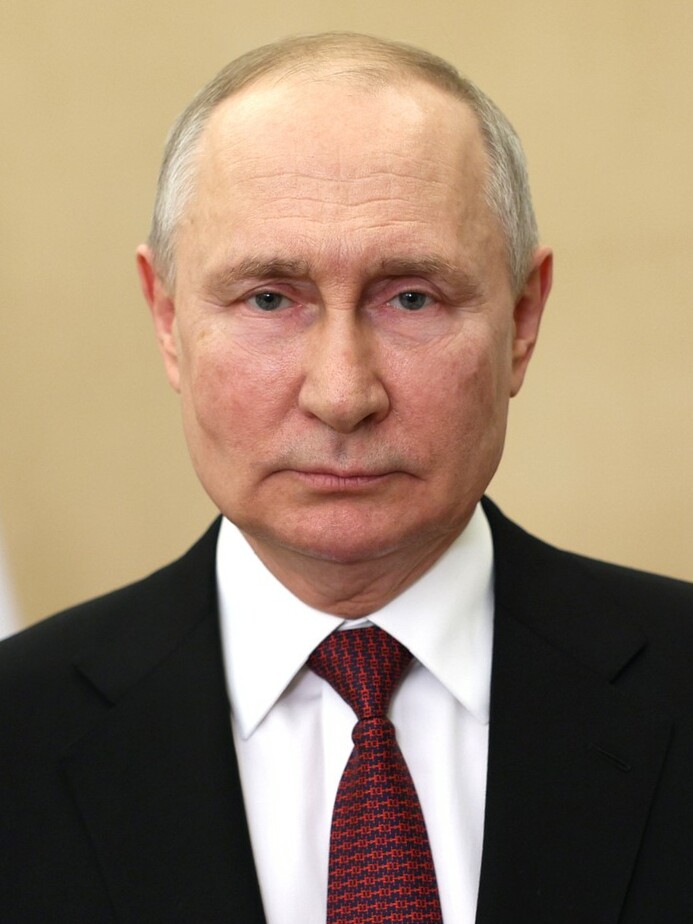
Ukrainian President Volodymyr Zelensky has not shied away from addressing this point. While acknowledging the dire situation in Kursk, Zelensky warned that Russia’s actions could be interpreted as an attempt to undermine the very possibility of a ceasefire. He pointed out that Moscow appears to be setting nearly insurmountable preconditions before it will consider entering any peace talks. In this view, the battle for Kursk is as much about consolidating military gains as it is about dictating the future framework of negotiations.
This sentiment is echoed by other international actors. During a recent video conference, several European leaders questioned Russia’s commitment to a fair ceasefire, highlighting that any agreement reached under these circumstances might further destabilize an already volatile region. As diplomatic channels continue to operate in parallel with active combat, the prospects for a lasting ceasefire remain uncertain.
Balancing Military Ambitions and Humanitarian Concerns
One of the most controversial aspects of the current discourse is the tension between military strategy and humanitarian considerations. The stark warning issued by Putin—offering safe passage and dignified treatment in exchange for surrender—is designed to counter the prevailing narrative of indiscriminate violence. Former President Trump’s intervention further complicates this picture, as he framed the situation in terms of preventing a “horrible massacre” that could rival the devastation of historical conflicts.
However, such assurances are met with skepticism by many in the international community, who question whether the promise of humane treatment can be trusted amid the brutal realities of modern warfare. While the offer might be seen as a strategic ploy to encourage capitulation, critics argue that it risks further entrenching hostilities by creating an environment of uncertainty and mistrust. In this light, the humanitarian overtures being extended may be more about shaping public perception than about fostering genuine reconciliation.
Implications for Future Negotiations and Regional Stability
The outcome of the Kursk engagement is poised to have far-reaching implications for the overall trajectory of the conflict. For Ukraine, holding onto Kursk is not merely a matter of military pride; it is also a critical bargaining chip in any future negotiations. By maintaining a presence in the region, Ukrainian leaders hope to secure concessions that could include a potential land swap or enhanced international support—a strategy that has its roots in earlier phases of the conflict, including the annexation of Crimea in 2014.
For Russia, on the other hand, a decisive victory in Kursk would serve as both a tactical and political victory, reinforcing the Kremlin’s narrative of strength and determination. This would not only enhance Moscow’s negotiating leverage but also send a clear signal to its domestic audience that the government remains committed to reclaiming lost territories. The interplay between military outcomes and diplomatic bargaining is a recurring theme in conflicts around the world, and the current situation in Kursk is no exception.
Navigating a Labyrinth of Uncertainties
Despite the clear strategic objectives on both sides, significant uncertainties continue to loom over the situation. Conflicting reports about troop positions, the veracity of claims regarding encirclement, and the real intentions behind diplomatic overtures all contribute to a cloud of ambiguity. For military analysts and policymakers alike, the challenge lies in deciphering which narratives are grounded in fact and which are designed to mislead.
The information war is as critical as the physical battles being waged on the ground. Both Russian and Ukrainian sources have provided starkly contrasting accounts of the situation, and each side’s narrative is tailored to serve its strategic objectives. As the conflict continues to evolve, the ability to sift through competing claims and identify objective truths will be crucial for any future diplomatic efforts aimed at ending the hostilities.
Conclusion: A Pivotal Moment in a Protracted Conflict
As the battle for Kursk rages on, the stakes could not be higher. For Russia, achieving a military victory in this strategically vital region is seen as a necessary prelude to any future ceasefire negotiations. For Ukraine, every inch of territory retained in Kursk is a symbol of resistance and a tool for future diplomatic leverage. The international community watches with bated breath as diplomatic channels and military operations unfold simultaneously, each development adding another layer of complexity to an already intricate conflict.
In this pivotal moment, the decisions made on the battlefield and at the negotiating table will likely shape the course of the conflict for years to come. Whether or not a ceasefire can eventually be brokered under terms acceptable to both parties remains uncertain. What is clear, however, is that the struggle for Kursk is not just a military contest—it is a defining chapter in a broader narrative that encompasses geopolitical strategy, humanitarian concerns, and the relentless pursuit of power.
As the world looks on, the hope remains that a balance can eventually be struck between the imperatives of military strategy and the need for peace. Yet, until the outcome in Kursk is determined, both Ukrainian and international leaders must brace themselves for further complexities in what is shaping up to be one of the most consequential episodes of this protracted conflict.


